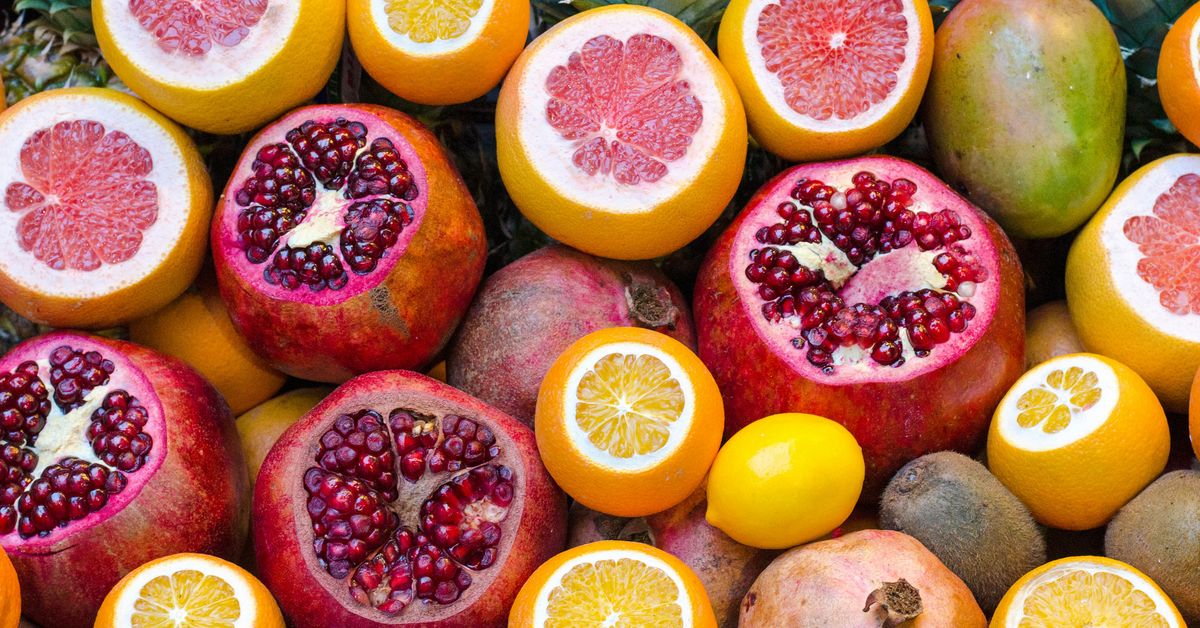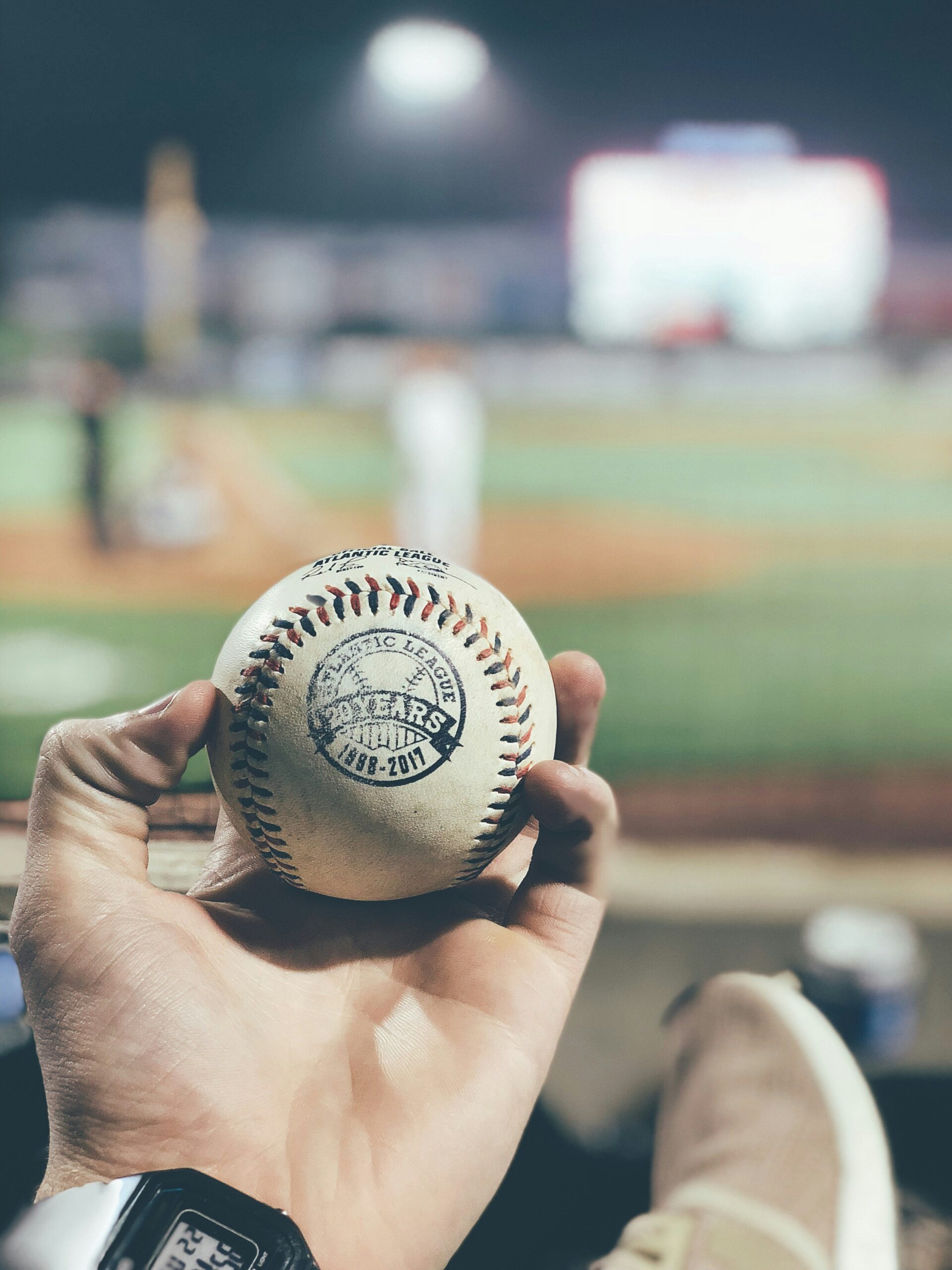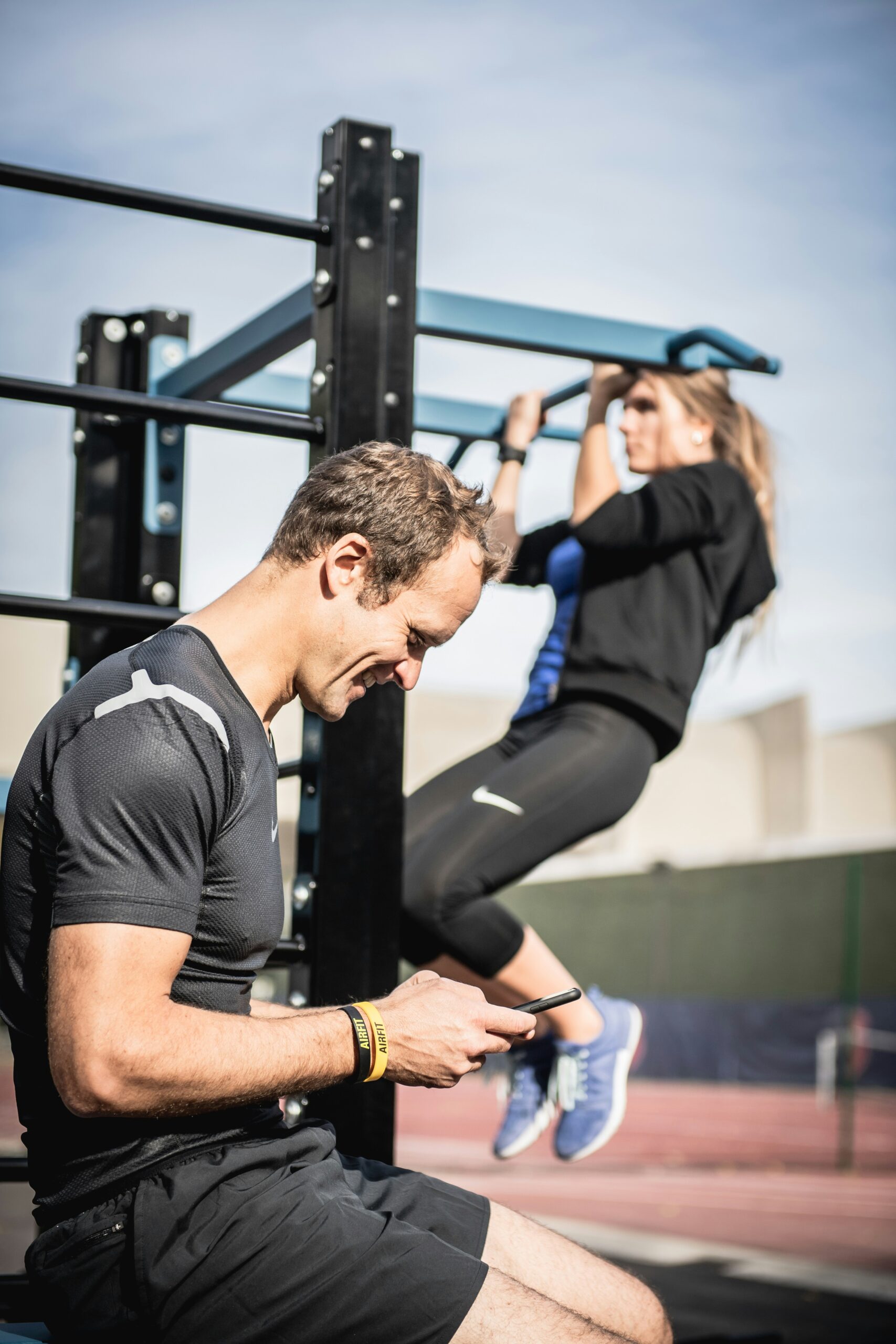Revamp Your Plate: Insider Secrets to Fueling Athletic Performance Like a Pro
When it comes to athletic performance, we often think about the rigorous training sessions, the sweat-drenched jerseys, and the electric atmosphere of competition. But let’s peel back the layers a bit—what truly powers these athletes? Spoiler alert: it’s not just a killer workout plan. It’s the food they eat, the fuel they consume. And trust me, getting this right can be the difference between a gold medal and a “better luck next time.”
The Foundation of Performance: Understanding Nutrition
Nutrition is the unsung hero of athletic performance. I remember my high school coach once telling us, “You can’t out-train a bad diet.” At the time, I thought it was just another cliché, but as I grew older and started covering sports, it struck me how true that statement is. Whether you’re a weekend warrior or an elite athlete, understanding the basics of nutrition can propel you to new heights. So, let’s break down these fundamentals.
Macronutrients Matter
First off, let’s talk about macronutrients: carbohydrates, proteins, and fats. Each plays a crucial role in your diet, especially if you’re looking to optimize performance. Here’s a quick breakdown:
- Carbohydrates: Often deemed the enemy by some fad diets, carbs are your body’s primary source of energy. Think of them as the gas in your engine. Complex carbs—like whole grains, fruits, and vegetables—are your best friends.
- Proteins: These are the building blocks of your muscles. After a tough workout, your body needs protein to recover and rebuild. I remember seeing athletes chugging down protein shakes like they were going out of style. It’s all about the post-workout replenishment.
- Fats: Don’t shy away from healthy fats! Avocados, nuts, and olive oil can provide long-lasting energy and are essential for hormone regulation. Just remember, moderation is key—too much fat can slow you down.
Hydration: The Overlooked Hero
Now, let’s not forget hydration. Water is often overlooked in the quest for peak performance, yet it plays a vital role in nearly every bodily function. Athletes can lose significant amounts of fluid during training or competition, and dehydration can lead to fatigue and impaired performance.
Some studies suggest that athletes should aim to drink at least half their body weight in ounces of water daily. And if you’re sweating buckets during those long runs or intense workouts, you might want to add some electrolytes into the mix. Sports drinks aren’t just for the pros—if you’re sweating heavily, they can help replenish lost electrolytes.
Timing is Everything
Let’s talk timing. I’ll admit, I used to think that as long as I ate my carbs and protein, I was golden. But then I learned about the timing of meals and snacks—this can be a game-changer. Before a workout, you want to fuel your body, and post-workout, it’s crucial to replenish what you’ve lost.
In general, aim to eat a balanced meal 2-3 hours before exercise and a recovery snack within 30 minutes post-workout. This recovery window is often called the “anabolic window” (yes, it sounds fancy, but it’s just a term for the period when your body is primed to absorb nutrients). A banana and a protein shake? Classic combo.
Individual Needs: One Size Doesn’t Fit All
Every athlete is unique. What works for one might not work for another. Personalization is key. Some athletes thrive on a high-carb diet, while others might perform better on a balanced or even low-carb regimen. It’s all about finding what fuels your body best. Consider consulting a sports nutritionist—these professionals can help tailor a plan to your specific needs.
Supplements: To Take or Not to Take?
Let’s dive into the murky waters of supplements. There’s a lot of hype out there, and it can be tempting to believe that a magic pill will take your performance to the next level. While some supplements can indeed be beneficial—like protein powders, creatine, or branched-chain amino acids—relying solely on them is a slippery slope.
Always prioritize whole foods first. Supplements should complement your diet, not replace it. And if you’re considering taking any, it’s wise to discuss it with a healthcare professional or a registered dietitian. You wouldn’t want to jeopardize your health for a few extra gains, right?
Eating Like a Pro: Meal Ideas and Strategies
Now that we’ve covered the fundamentals, let’s get practical. What does a day of eating look like for an athlete aiming for peak performance? Here are some meal ideas that can set you on the right path.
Breakfast: Kickstart Your Day
Breakfast is often touted as the most important meal of the day, and for good reason. It’s your opportunity to refuel after a night of fasting. Think oatmeal with berries and a sprinkle of nuts. Or how about a smoothie loaded with spinach, banana, protein powder, and a dollop of nut butter? Yum!
Lunch: Midday Fuel
For lunch, you might want to consider a lean protein source paired with whole grains and plenty of veggies. Grilled chicken with quinoa and a colorful array of vegetables is a winner in my book. And don’t skimp on the olive oil or avocado—those healthy fats will keep you satisfied.
Dinner: Recovery Mode
Dinner is your chance to replenish after a long day. A hearty stir-fry with salmon, brown rice, and assorted vegetables can do wonders. The omega-3s from the salmon can help with inflammation, while the carbs from the rice will replenish your glycogen stores.
Snacks: Keep it Balanced
Snacks can be just as vital as meals—especially when you’re training hard. Instead of reaching for chips, consider hummus with carrot sticks or Greek yogurt with fruit. These snacks are not only delicious but also provide the nutrients your body craves.
Real-Life Examples: Learning from the Pros
Let’s take a glimpse into the lives of some well-known athletes and how they fuel their performance. These stories often provide insight that can inspire us all.
The Marathoner
Take, for instance, a professional marathon runner. They might consume a diet rich in carbohydrates, focusing on whole grains, fruits, and starchy vegetables. In the lead-up to a big race, they could even engage in “carb-loading,” increasing their carb intake to maximize glycogen stores. Post-race, it’s all about recovery—think chocolate milk (believe it or not, it’s a favorite among many athletes for its protein and carb combo).
The Football Star
Now consider a football lineman. Their caloric needs are through the roof, often reaching 5,000-6,000 calories a day. They rely heavily on protein for muscle repair, but they also need enough carbs to power through those grueling practices. A common sight in the locker room? Massive plates of chicken, rice, and vegetables. And of course, they hydrate—not just with water but often with electrolyte-rich drinks.
The Gymnast
Then we have gymnasts, who require a different approach. Their diet is typically lower in calories but rich in nutrients. Small, frequent meals consisting of lean proteins, fruits, and vegetables help them maintain energy without unnecessary bulk. I’ve heard stories of gymnasts nibbling on hard-boiled eggs and fruit between routines, keeping their energy levels steady.
Mindset: The Psychological Aspect of Nutrition
Let’s not overlook the mental aspect of fueling your body. Nutrition isn’t just about the physical—it’s also psychological. The pressure to eat “perfectly” can lead to anxiety, especially among young athletes. I’ve spoken with many athletes who feel they need to adhere to strict dietary rules, and it can become overwhelming.
It’s essential to strike a balance. Enjoying food should be part of the process. Allow yourself occasional indulgences (yes, I’m talking about that slice of pizza or chocolate cake). It’s about creating a sustainable relationship with food rather than a rigid regimen.
Practical Tips for Revamping Your Plate
So, how do you take all this information and put it into practice? Here are some practical tips that can help you revamp your plate for optimal performance:
1. Plan Ahead
Meal prepping can be a game-changer. Spend a few hours on the weekend preparing meals for the week. This not only saves time but ensures you have healthy options readily available when hunger strikes.
2. Keep it Colorful
Make your plate a rainbow! The more colorful your meals, the more nutrients you’re likely getting. Think leafy greens, bright bell peppers, vibrant berries—these foods are packed with vitamins and antioxidants that can help your body recover and perform.
3. Experiment and Find What Works
Don’t be afraid to try new foods and recipes. What works for someone else might not work for you, so embrace the adventure of finding your perfect fueling strategy. I’ve tried everything from quinoa bowls to exotic smoothies, and it’s all about finding what fuels my performance.
4. Listen to Your Body
Pay attention to how different foods make you feel. Are you sluggish after a heavy meal? Or do you feel energized after a light snack? Trust your instincts—your body often knows what it needs.
5. Stay Educated
Nutrition science is constantly evolving. Stay updated on the latest research and trends. Follow reputable sources and consider attending workshops or seminars. Knowledge is power, especially in the world of sports.
Conclusion: Fueling Your Passion
At the end of the day, fueling athletic performance is a journey, not a sprint. It involves a blend of science, personal preferences, and a dash of experimentation. Whether you’re training for a marathon or just trying to keep up with your kids on the soccer field, revamping your plate can provide the energy and nutrients you need to perform at your best.
So go ahead—take these insights, revamp your plate, and fuel your passion. You might just find that the path to your best performance starts in the kitchen. And who knows, maybe one day you’ll be the one sharing your secrets with the next generation of athletes.




